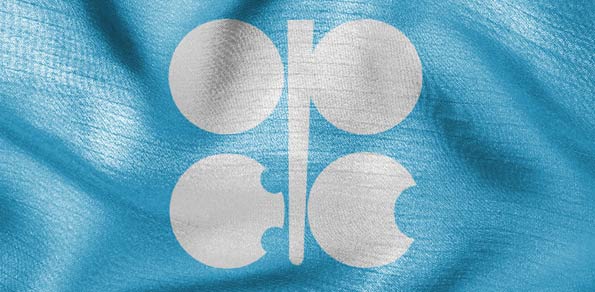Crude oil fell on Wednesday ahead of an OPEC policy meeting expected to leave the group’s production target unchanged, while weak economic data added to the bearish sentiment.
Japan’s parliament is set to pass a special bill on Friday to allow it to provide insurance for continuing Iranian crude imports, making it the first country to attempt to initiate sovereign cover once EU sanctions on Iran are expected to start in July, the Yomiuri newspaper said on Thursday.
Ahead of OPEC meeting today, oil prices are expected to remain sluggish with the question of rising, cutting or keeping the production quota by OPEC members. As per OPEC monthly report, world market is well supplied though the production fell in May to 31.58 from 31.64 million barrels per day. In one side, Saudi Arabia, Qatar and UAE would like to raise the output and on the other side, Venezuela, Iraq, Angola and Iran are warning global crude supply excessive.
Thus, oil prices may remain volatile; ahead of OPEC meet which result is uncertain. As per government report from US Energy department, crude oil stocks have declined by 300K barrels in the last week in WTI delivery centre. Thus, fall in inventory level may support oil prices. From economic point, most of the Asian equities are trading down driven by lower sentiment from Euro-zone basically. Moody has downgraded Spain by three notches on yesterday.
Ahead of Italy bond auction due for today and Greece election in the weekend, economic concern may continue to pressurize oil prices. From US, economic releases in the form of Consumer Price index are expected to fall which may paint a slight positive picture of the economic growth. But other data like weekly jobless claims may keep sentiment weak. So, we may expect oil prices to remain under pressure driven by above factors.
David O’Reilly, the former head of Chevron Corp, believes the United States will be importing oil for at least the next two decades despite a recent surge in domestic production from newly developed shale basins.
The world’s store of oil jumped 8.3 percent last year, as exploration rose as record crude prices made marginal projects commercially viable, yet supplies will struggle to meet demand due to political factors, oil giant BP said on Wednesday.
Saudi Arabia came under pressure on Wednesday from fellow OPEC producers to cut oil output to prevent a further slide in crude prices. A global glut in natural gas narrowed in 2011 while rival coal grabbed its largest share of energy consumed since 1969, BP said in its Statistical Review of World Energy 2012 published on Wednesday.





